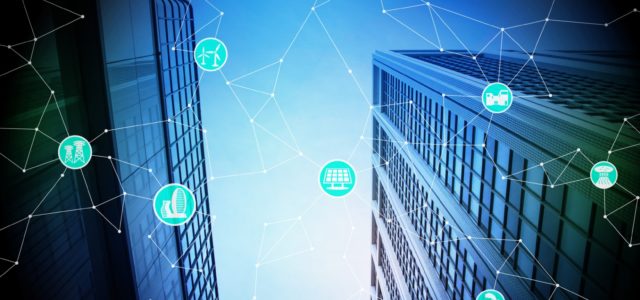There was a social media post, a bit of a brain teaser, about a murder mystery of sorts: a man was killed one afternoon, and there were several suspects, each with an alibi; it’s your basic whodunit. One of the suspects was a chef who was making breakfast. Many comments on the post insisted it had to be the chef since no one makes breakfast in the afternoon.
I have had breakfast for dinner many times. McDonald’s offers “all-day breakfast” at least in the U.S. Perhaps this is a regional thing, but it brings me to the point that we are inclined to assume the world operates as we see it from our own perspective. It’s human nature, but I wonder to what degree it contributes to increased friction and unwillingness to accept that non-preferred alternatives exist.
You might be wondering what this has to do with data and analytics. First, we underestimate the importance of clear operational definitions. What do you mean by “breakfast”? Does it refer to the time of the day the meal is eaten, or the type of the food typically eaten in the morning? Many analytical attempts are flawed from the initial stages because the definitions are subject to interpretation. Second, we live and (nearly) die by assumptions.
Many assumed that “breakfast” referred to the meal eaten at a specific time of the day, but that is not true in all contexts. Successfully operationalizing any analytic requires not only identifying all relevant assumptions and the consequences of violating them, but also preparing for these consequences. In practice, assumptions are violated all the time; assumptions we don’t even know we are making can have devastating consequences.
The second point is connected, perhaps somewhat convolutedly, to the fact that the end consumer of analytics is a human one way or another. (It is also related to the topic of collaboration involving analytics professionals, but that’s a separate discussion.)
We are drawn to view things in ways that are comfortable to us. I have no desire to get political here, but I am convinced that the greater polarization in society today is due to the hyper-clusterization of the viewpoints, opinions, and beliefs, rather than the feeling of connectedness at the personal level, and much of this is being perpetuated by social media and other aspects of “Big Data.”
We want to believe that we know the Truth and everyone who disagrees is an idiot, thus caring about the opinions more than about the human to whom the opinions belong. (I recently read “The Fourth Industrial Revolution” by Klaus Schwab and found something similar expressed, although he’s obviously far more authoritative than I am!) This, in turn, makes it easier to capture in algorithms what makes each of us tick.
Big Data may be enabling a higher level of personalization, but personalization isn’t the same as human connection. Could data-driven personalization actually be contributing to the dehumanization of humans? Artificial intelligence and deep learning and such, as useful as they are, cannot be at the expense of being human, since there is always a human somewhere in the process. I’m not concerned about AI taking over the world as much as that it may be eliminating our need to be human.
For if it ever gets to the point where we have to re-learn how to be human, no amount of data-driven intelligence is going to save humanity.
Article by channel:
Everything you need to know about Digital Transformation
The best articles, news and events direct to your inbox







